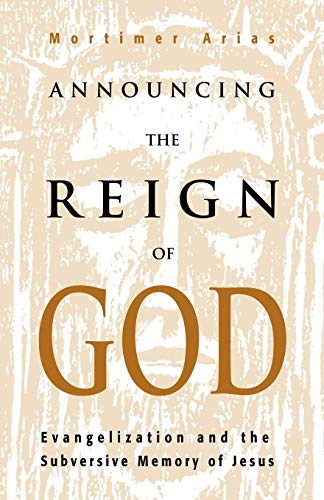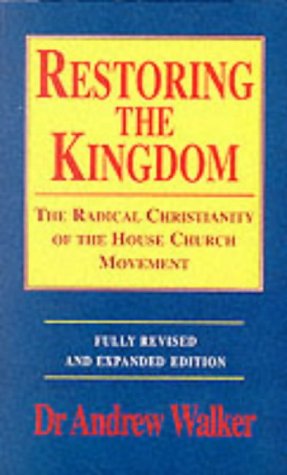This set is a worthy addition to a good, middle-level commentary series aimed toward both the scholar and the layman. The book starts with a fairly comprehensive bibliography spanning 39 pages divided into literary introduction, history, commentaries, and special studies up to 1982. If for nothing else, the book will be worth consulting just for this section alone. In spite of the length of the bibliography it is not exhaustive, especially as regards evangelical journals. A quick survey of the Journal of the Evangelical Theological Society and Tyndale Bulletin shows at least seven articles which would have been directly relevant for the commentary. Reference is made to evangelicals who publish in wider circulation journals. The benefits of the book do not stop here, however, for there follows an 84-page introduction. Here several of the notorious nettles of the background and introduction of Kings are grasped and the difficulties well presented so the problems can be understood, even though a final answer might not be available.
Firstly, Jones introduces the problems caused by a comparison of the Hebrew and Greek versions of Kings. Jones espouses the local text types of Cross, with four stages of development of the Greek text. Of these, the Lucianic, according to Jones, witnesses to a tradition which is at times to be preferred to the Hebrew text.
Jones next explores the extremely complex problem of the chronology of Kings, which is complicated by such matters as synchronisms both internal and external, various dating systems, the time of the New Year and possible co-regencies. He sees a reconstruction based on the MT alone as an impossibility, although he uses it most heavily. He adopts the chronology of K. T. Anderson published in 1967 in Studia Theologia 23.
The book as a ‘deuteronomistic compilation’ is then discussed, with Jones accepting, without demonstration, ‘one of the universally accepted tenets of Old Testament literary criticism’, namely, the deuteronomistic production of Joshua-Kings. Such a hermeneutical starting-point does provide interesting conclusions concerning Kings, but it should be first shown to be valid rather than merely accepted, since currently a number of ‘universally accepted tenets’ such as the Documentary Hypothesis and the form of the Servant Songs are being seriously questioned (see e.g. K. Kitchen in J. B. Payne, New Perspectives on the Old Testament, 1970, pp. 1–24). This section does, however, provide a useful introduction to this area of putative editorial activity.
In the final two introductory sections the historical sources, which were combined into an historical work of merit in its own right rather than simply an amalgam of disjointed sources, and the theology are explored. Jones follows Noth and Von Rad in seeing the centrality of ‘covenant’ and worship of God. Deviations in each rightly lead to punishment, but an ultimate return and restoration is envisaged.
The commentary itself stretches over 561 pages with discussion of sections of from one to six verses. Good comment is provided on textual, historical and compositional problems though theology and present-day application receive little attention. The discussions, while technical, are understandable to the average university or seminary level reader. While discussion of Hebrew words is included, the Hebrew and Greek are transliterated and their meaning is usually clear from the context. Sometimes, however, technical terms such as ketib and qere are left unexplained, so some general knowledge is presupposed.
The volumes are a model of historical-critical scholarship, and will be indispensable to any, students or scholars, who deal with the books of Kings. After a lacuna of a decade in English commentaries on these books, within two years we are blessed with, in addition to the volumes under review, substantial works by B. O. Long (Eerdmans), S. J. de Vries (Word), and the anticipated appearance of the study by D. J. Wiseman (Intervarsity). Now it is incumbent upon us all to use the insights gained not as an end in themselves, but as a means of extending and enriching the Kingdom of God.
David W. Baker
Ashland Theological Seminary







